DeschcloroKetamine (DCK) Pellets – 20mg
€19.75 – €537.50Price range: €19.75 through €537.50
Deschloroketamine (DCK) Pellets – 20mg: High-Purity Compound for Advanced Scientific Research
Introduction to Deschloroketamine (DCK)
Deschloroketamine, often abbreviated as DCK, is a dissociative research chemical belonging to the arylcyclohexylamine class. Known for its potential dissociative and anesthetic properties, DCK is primarily utilized in scientific research to explore its pharmacological and neurochemical characteristics under controlled laboratory conditions.
Product Description
High-Quality Research Pellets
- Form: Pellets
- Dosage: 20mg per pellet
- Purity: High-grade, laboratory-standard
- Molecular Formula: C13H16ClNO
- Molecular Weight: 237.73 g/mol
- Packaging: Available in various quantities to suit different research needs
Key Features
Exceptional Purity and Quality
Our DCK pellets are synthesized under stringent laboratory conditions to ensure a product of exceptional purity and quality. Each batch undergoes rigorous third-party testing to verify the content and ensure the absence of contaminants.
Precision and Convenience
The pellet form of DCK allows for precise dosing and convenient handling, making it an ideal choice for various research applications. The 20mg dosage per pellet ensures accurate measurement for experimental protocols.
Applications in Research
Pharmacological Studies
DCK is a valuable compound for pharmacological research. Researchers can investigate:
- Receptor Binding Affinity: Studying the compound’s affinity for NMDA receptors and other potential targets to understand its potency and efficacy.
- Mechanism of Action: Exploring how DCK interacts with neurotransmitter systems and its downstream effects.
- Therapeutic Potential: Investigating its potential applications in understanding dissociative disorders and developing new therapeutic agents.
Neurochemical Studies
Due to its psychoactive properties, DCK is also utilized in neurochemical studies to understand its impact on brain chemistry, neurotransmitter release, and overall brain function.
Safety and Handling
Adherence to Laboratory Safety Protocols
- Storage: Store in a cool, dry place away from direct sunlight.
- Handling: Use appropriate personal protective equipment (PPE) and follow standard laboratory safety procedures.
- Usage Restrictions: Strictly for research purposes; not intended for human consumption.
Legal Considerations
Researchers should be aware of the legal status of DCK in their region, as research chemicals are subject to regulation and control due to their potent pharmacological effects.
Conclusion
Deschloroketamine (DCK) Pellets – 20mg provide a reliable and high-quality option for researchers engaged in advanced pharmacological and neurochemical studies. With exceptional purity and precise dosing capabilities, this compound is an essential addition to any research laboratory.
Order Now
Enhance your research capabilities with our premium Deschloroketamine (DCK) Pellets – 20mg. Place your order today and advance your scientific investigations.
| Quantity in Pellets | 10, 100, 25, 250, 5, 50 |
|---|
Be the first to review “DeschcloroKetamine (DCK) Pellets – 20mg” Cancel reply
Related products
O-DSMT
4-FMA
Bromazolam
Diclazepam
Bromazolam
Etizolam
Diclazepam

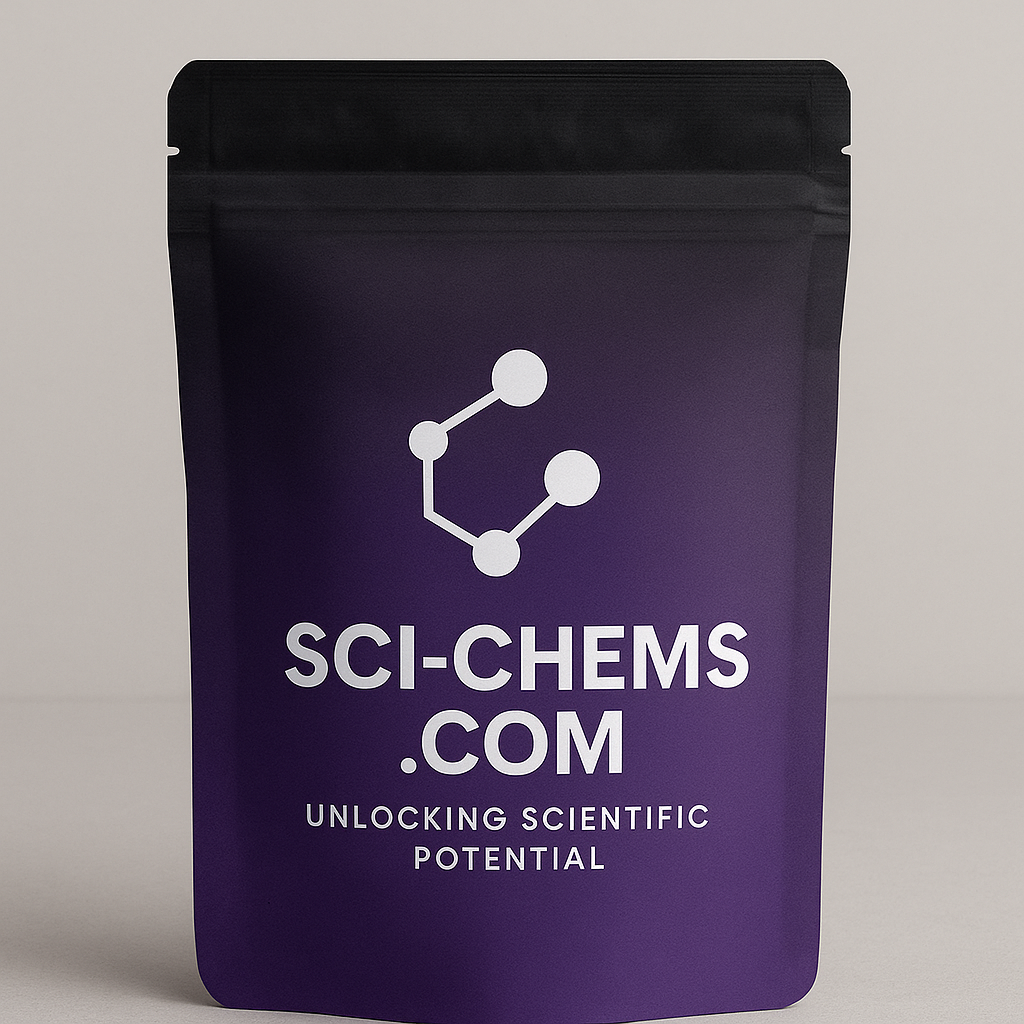
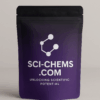
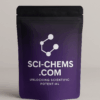
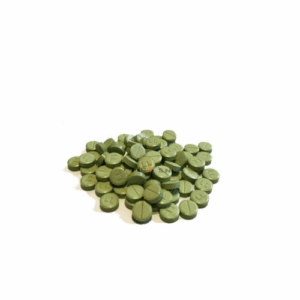
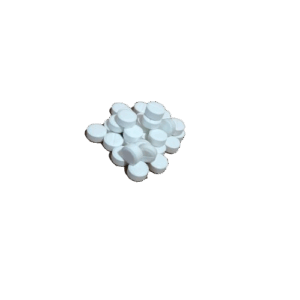
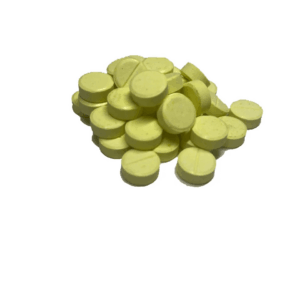
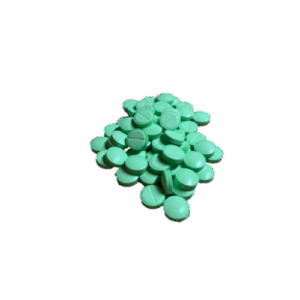
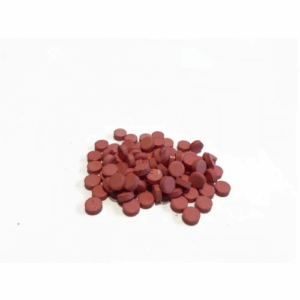
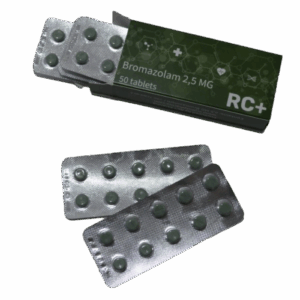
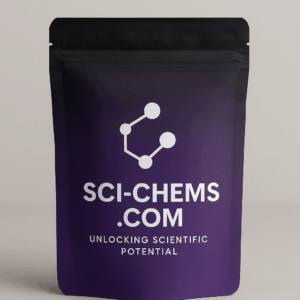
Reviews
There are no reviews yet.